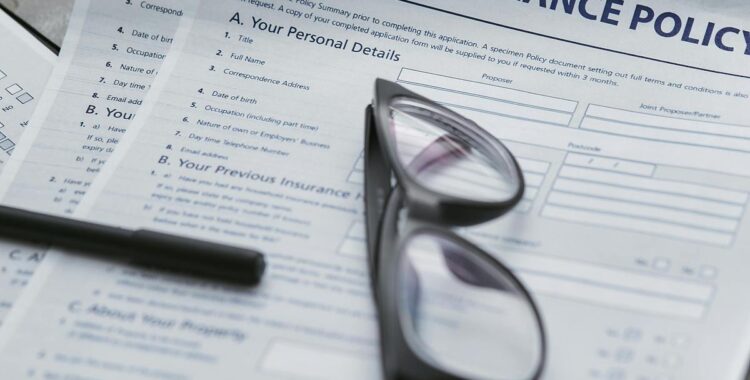Top Tips for Maximizing Your Property Insurance Coverage
Navigating property insurance can often feel like a complex puzzle, especially when unexpected events like natural disasters or accidents occur. As property owners, ensuring you have comprehensive coverage that protects your assets is paramount. To help you make the most of your property insurance, here are some essential tips that every homeowner and business owner should know.
Understand Your Policy Coverage
The foundation of maximizing your property insurance starts with a clear understanding of your policy. Take the time to review and comprehend the details of what is covered and what isn’t. Standard property insurance typically covers damages caused by fire, theft, vandalism, and certain natural disasters. However, specific events like floods or earthquakes may require separate coverage. Knowing these nuances ensures you are adequately protected when the unexpected strikes.
Document Your Property and Assets
Detailed documentation of your property and assets is crucial for filing a successful insurance claim. Before any incident occurs, create a comprehensive inventory that includes photos, receipts, and descriptions of valuable items. This documentation not only expedites the claims process but also serves as evidence of ownership and value, helping to maximize your reimbursement.
Review and Update Your Policy Regularly
Life changes, and so do your insurance needs. Whether you’ve renovated your property, acquired new assets, or experienced changes in your business operations, it’s essential to update your insurance policy accordingly. Regularly review your coverage limits and adjust them as needed to reflect current replacement costs and asset values. By staying proactive, you can avoid being underinsured during a claim.
Understand Deductibles and Coverage Limits
Deductibles and coverage limits play a significant role in how much you receive from an insurance claim. A deductible is the amount you agree to pay out of pocket before your insurance coverage kicks in. Choosing a higher deductible can lower your premiums but requires you to pay more upfront in the event of a claim. Similarly, ensure your coverage limits are adequate to fully replace your property and assets in case of a total loss.
Work with a Reputable Insurance Provider
Choosing the right insurance provider is as crucial as selecting the right coverage. Look for a reputable insurance company known for fair claims handling and excellent customer service. Research customer reviews and ratings to gauge their reputation within the industry. A trustworthy insurer can make all the difference when you need to file a claim and ensure you receive the compensation you deserve.
Consider Additional Coverage Options
Depending on your property type and location, additional coverage options may be beneficial. For instance, if you live in a flood-prone area, purchasing flood insurance can provide peace of mind against water damage that standard policies typically exclude. Likewise, business owners may need specialized coverage for equipment breakdowns or business interruption to mitigate financial losses during unexpected downtime.
Document and Report Claims Promptly
In the event of damage or loss, document the incident thoroughly and report your claim to your insurance provider promptly. Provide detailed information and evidence to support your claim, including photos, invoices for repairs, and any relevant correspondence. Timely reporting and proactive communication can expedite the claims process and ensure your insurer has all the necessary information to assess and approve your claim swiftly.
Seek Legal Guidance When Needed
If you encounter challenges or disputes with your insurance company regarding claim denials, underpayments, or coverage issues, don’t hesitate to seek legal guidance from a qualified attorney specializing in insurance law. An experienced lawyer can advocate on your behalf, negotiate with the insurance company, and help you understand your rights and options under your policy and state laws.
Conclusion

Top Tips for Maximizing Your Property Insurance Coverage
Maximizing your property insurance coverage requires proactive planning, understanding your policy, and staying informed about your rights as a policyholder. By following these tips and staying vigilant, you can protect your property, assets, and financial well-being against unforeseen events effectively. Remember, your insurance policy should be a shield that provides security and peace of mind, ensuring you are prepared for whatever life may bring.
At Sasieta Law, we specialize in helping property owners navigate insurance disputes and maximize their coverage. Contact us today to learn more about how we can assist you in protecting what matters most.





